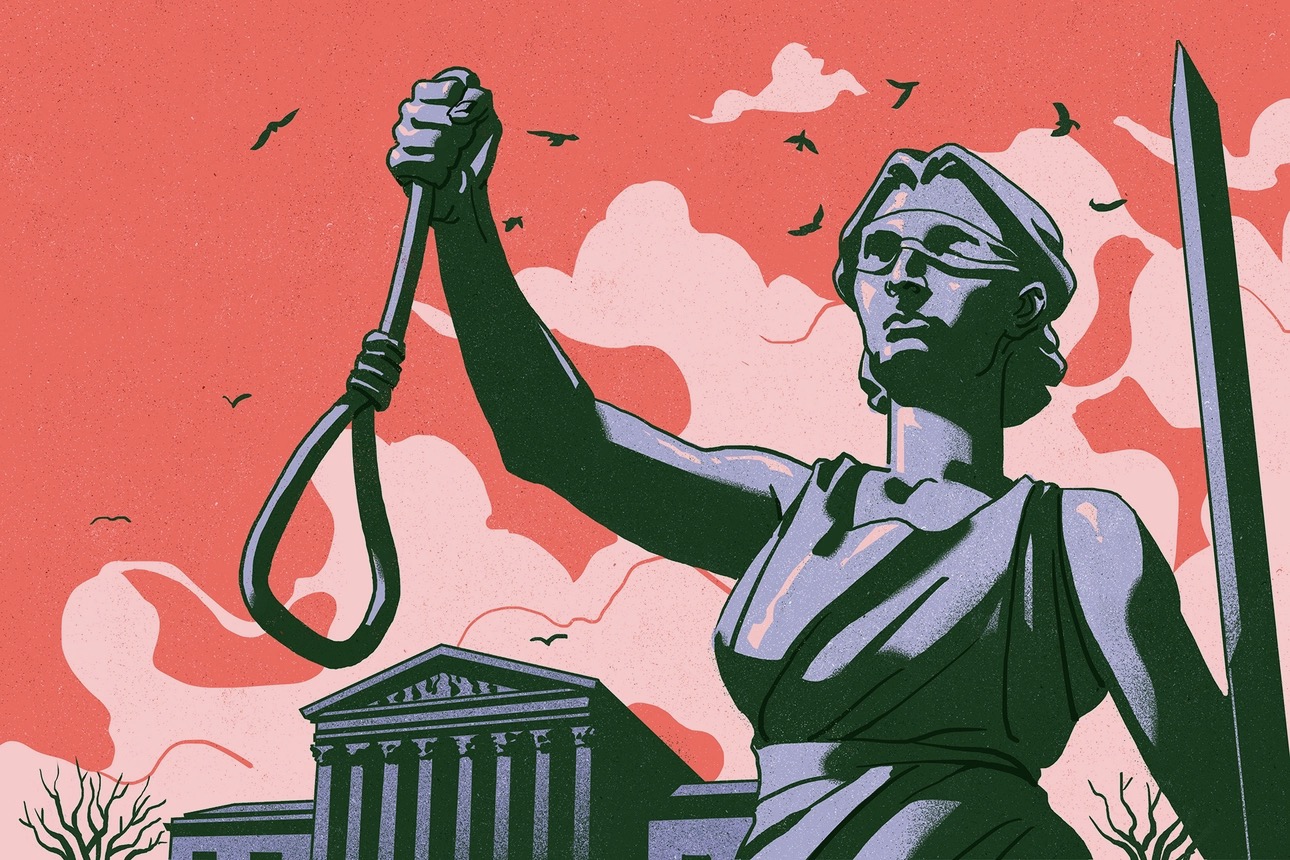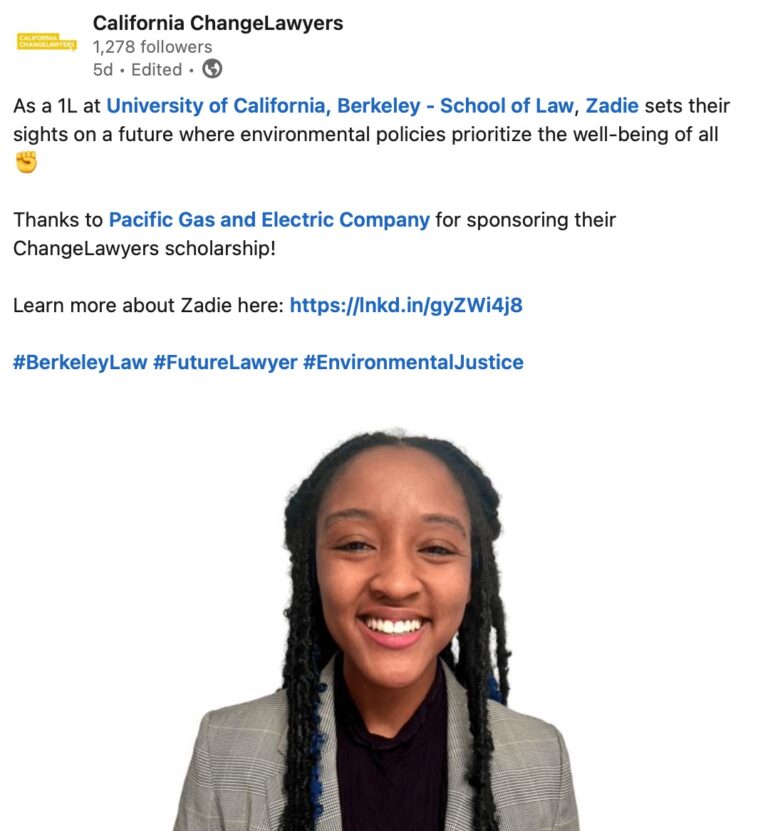ChangeLawyer of the Week
More Of This
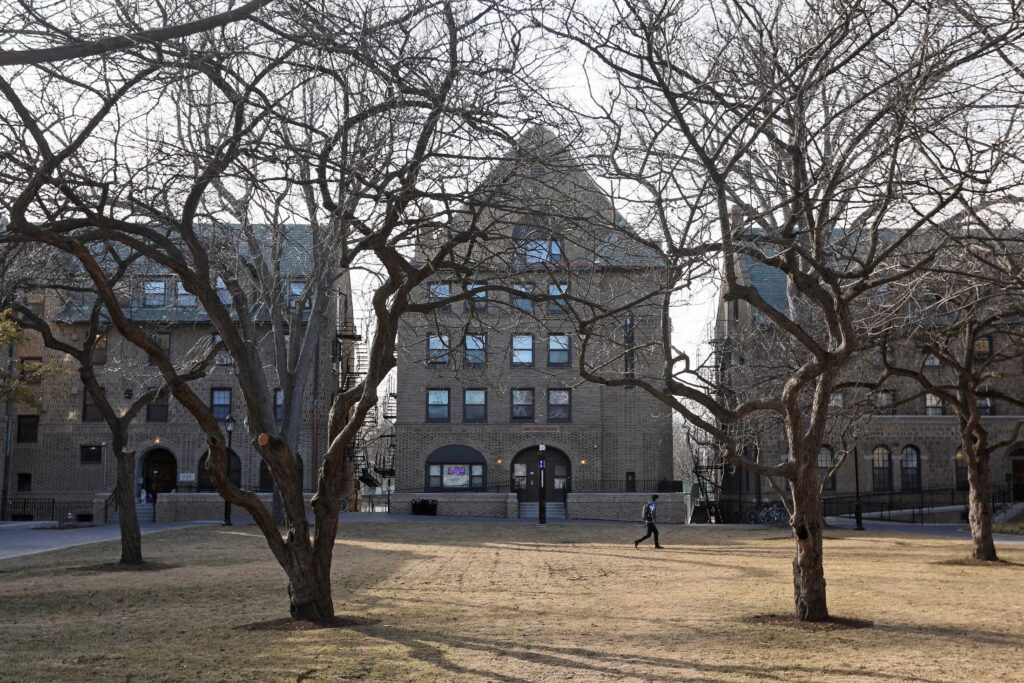
Lara Bazelon is an associate professor at the University of San Francisco School of Law. Her organization, USF Racial Justice Clinic, is a recipient of a ChangeLawyers Legal Empowerment Fund grant.
The system designed to handle allegations of sexual assault on college campuses is badly broken. Over the past 15 years, the rules have changed dramatically depending on whether a Democrat or a Republican occupies the White House; in March, they will change again. But the fundamental premise is the same: an adversarial system that pits one side against the other. It has been an abject failure. We need to burn the entire structure to the ground and build something radically different.
Since 2018, my staff, students, and I have represented students—mostly teenagers—facing these accusations as one of the free legal services we offer at the law school where I direct a criminal and racial justice clinic. Because we serve underrepresented, marginalized communities pro bono, our clients are first-generation, Black, Latinx, and Asian, all without the means to hire a lawyer. Win or lose, these young people suffer extreme psychological damage—some attempt or die by suicide—that delivers little to bring justice or resolution. That is also true for the students who accuse them. The ever-changing hodgepodge of rules over the past decade makes things even harder.
Read the rest on Slate
Welcome to the Supreme Court’s bloodthirsty era
Less Of This
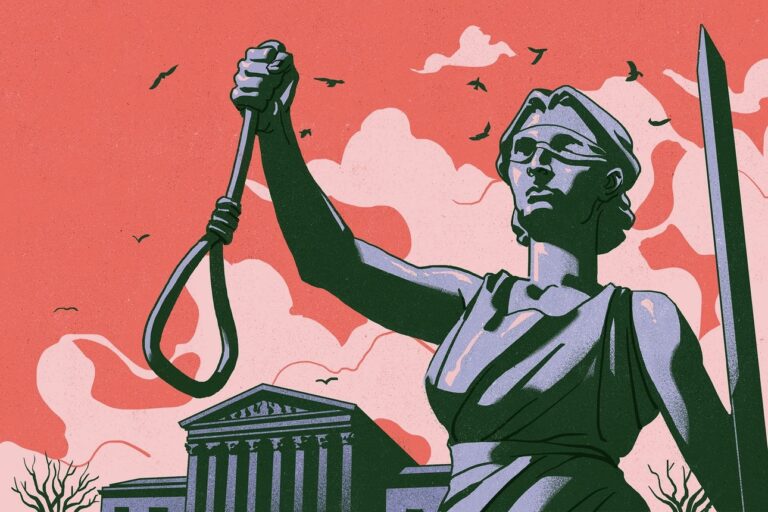
For years, the death penalty in the United States appeared to be on an irreversible decline, perhaps even headed to extinction. Death sentences have fallen by about 90 percent since their mid-1990s peak, when more than 300 were imposed every year. In 1999, there were almost 100 executions nationwide; in 2021, there were 11.
That downward trend is beginning to reverse. Driven by hardline prosecutors and tough-on-crime governors, the number of executions jumped 64 percent in 2022 and increased again in 2023 to a total of 24, the highest in five years.
Perhaps the most crucial player in the death penalty’s resurrection, though, is the U.S. Supreme Court, whose historic role of maintaining guardrails has given way to removing roadblocks. Under the conservative supermajority put in place by President Donald Trump, the justices are far more likely to propel an execution forward than intercede to stop it, including in cases where guilt is in doubt or where the means of carrying it out could result in a grotesque spectacle of pain and suffering.
Read the rest on Politico
The conservative legal movement runs on perpetual grievance
Speaking Of...
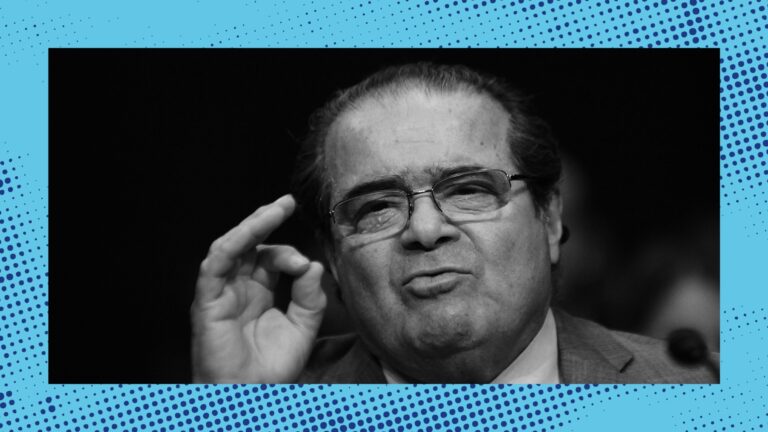
In November 2020, Justice Samuel Alito took to the (virtual) stage at the Federalist Society’s annual conference and went on a tirade. He complained about the tyranny of COVID-19 restrictions, decried state laws facilitating access to Plan B (incorrectly claiming that it “destroy[s] an embryo after fertilization”), and bemoaned the fact that opposition to gay marriage was now widely viewed as bigotry. “Religious liberty,” he claimed, “is fast becoming a disfavored right.”
It was an odd time for Alito to be complaining. Just a few weeks prior, Justice Ruth Bader Ginsburg had died, and Amy Coney Barrett now sat in her seat. A slim Supreme Court conservative majority had become a 6-3 supermajority, and Alito himself was more powerful than he had ever been. Out of reach for half a century, the conservative legal movement’s longstanding goals, from overturning Roe v. Wade to dismantling the administrative state, were now well within reach. But to hear Alito tell it, conservative principles were under siege, beset on all sides by liberal cultural and political forces.
Read the rest on Balls & Strikes




